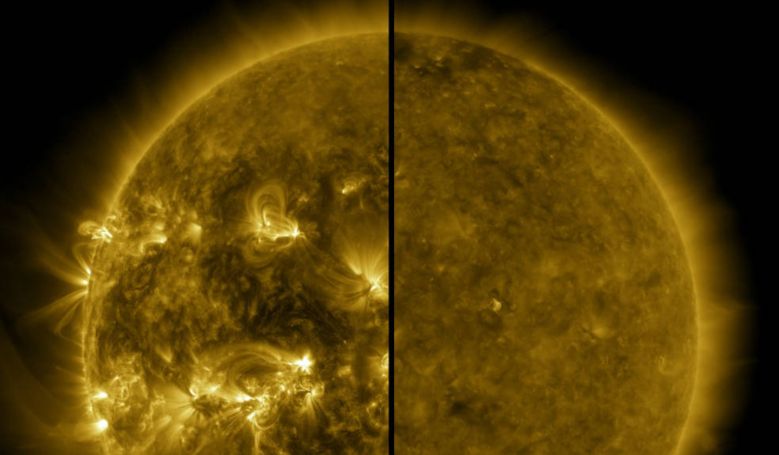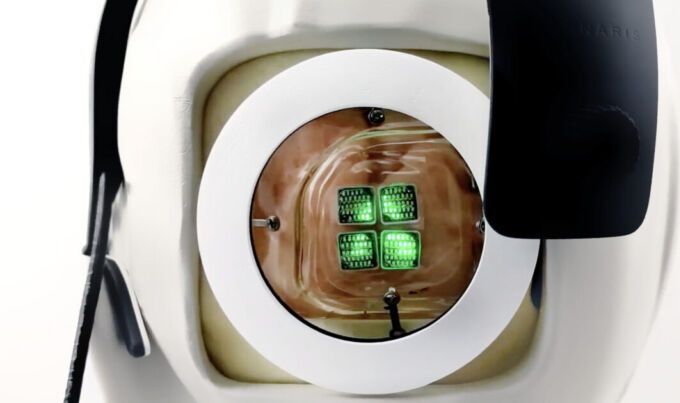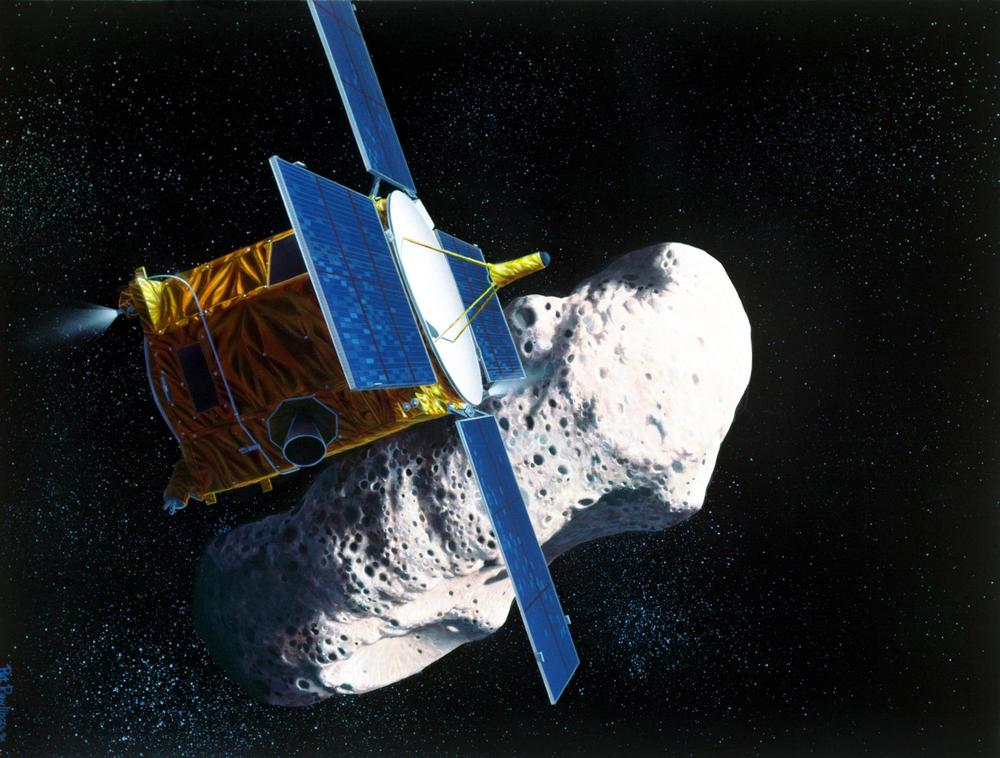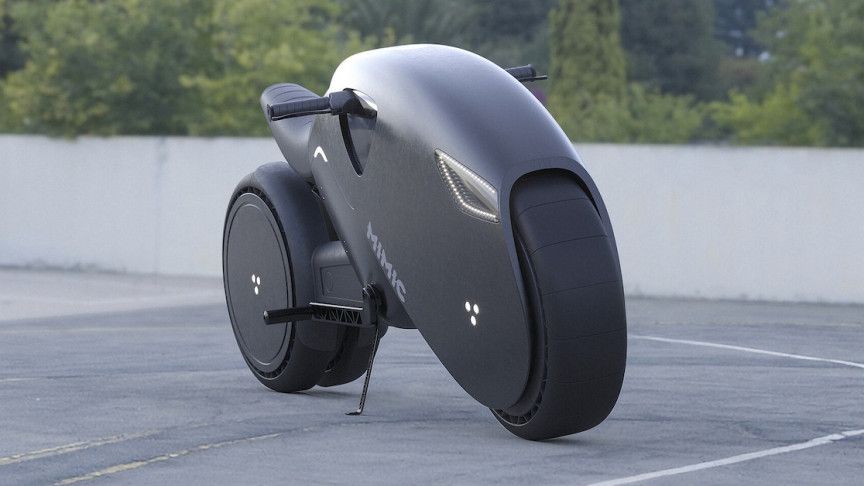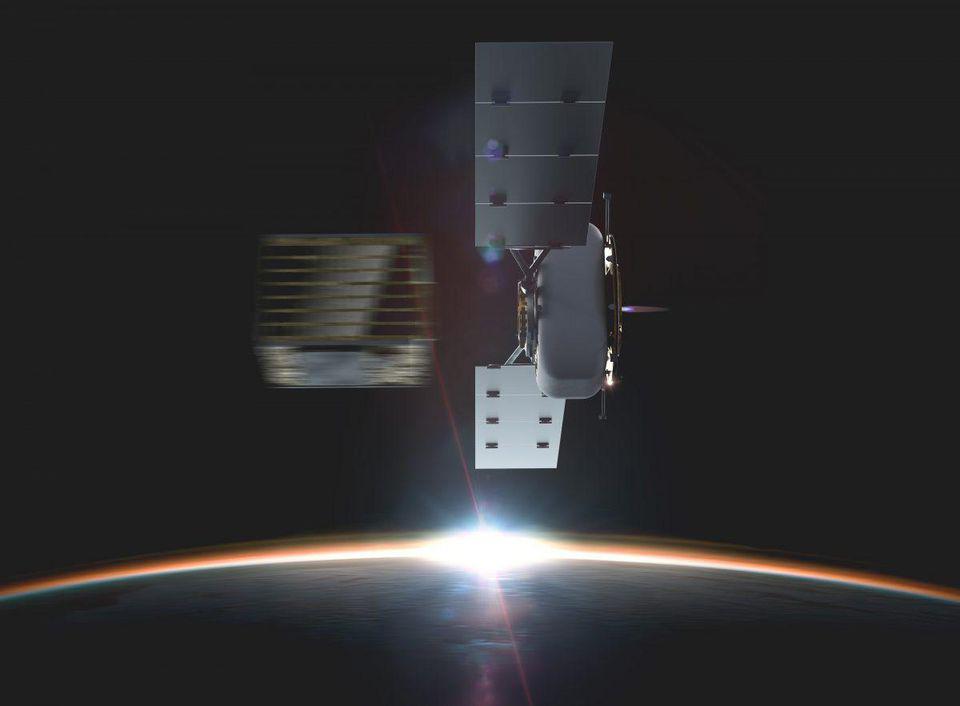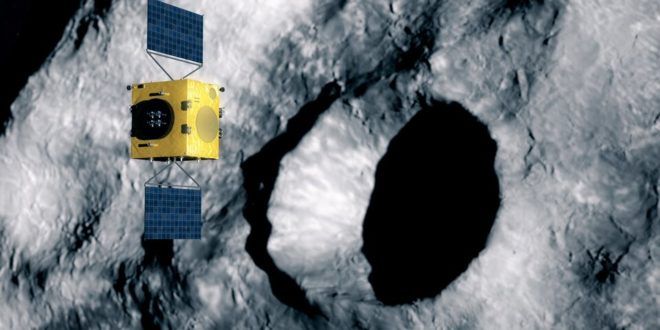Sign up for Policy Genius today: http://bit.ly/whatif-policygenius
Listen to our extended version of this episode on any podcasting platform: https://link.chtbl.com/type-ii-civilization
How cool would it be if we could one day regulate our atmosphere, control the climate and maybe even blast threatening asteroids into stardust? Well, to do those things would require A LOT of energy. Essentially, we’d have to be able to harness all the power from the Sun. According to the Kardashev scale that ranks planets according to their ability to harness the energy from their star and even their galaxy, that would make Earth a Type II civilization. What does that mean and how far away are we from achieving that level of uber energy capacity? You’ll have to tune in to find out as Peter and Richard welcome back Michio Kaku, physicist and science communicator extraordinaire to help us better understand “What If we became a type II civilization?”
Time codes:
0:00 What the episode is going to be about?
1:45 Are we a Type I civilization?
3:20 Who is Pr. Michio Kaku?
4:35 What is the Kardashev scale?
8:20 What does Type II mean?
9:45 How to expedite our evolution to advanced energy?
13:00 What if we were a Type II civilization?
15:50 Enjoy more from Pr. Kaku
18:20 Do you have life insurance?
20:50 Final thoughts
Can you translate this episode into another language? Add subtitles and we will link your YouTube channel in the description: https://www.youtube.com/timedtext_video?v=1JcDKNblGTs
